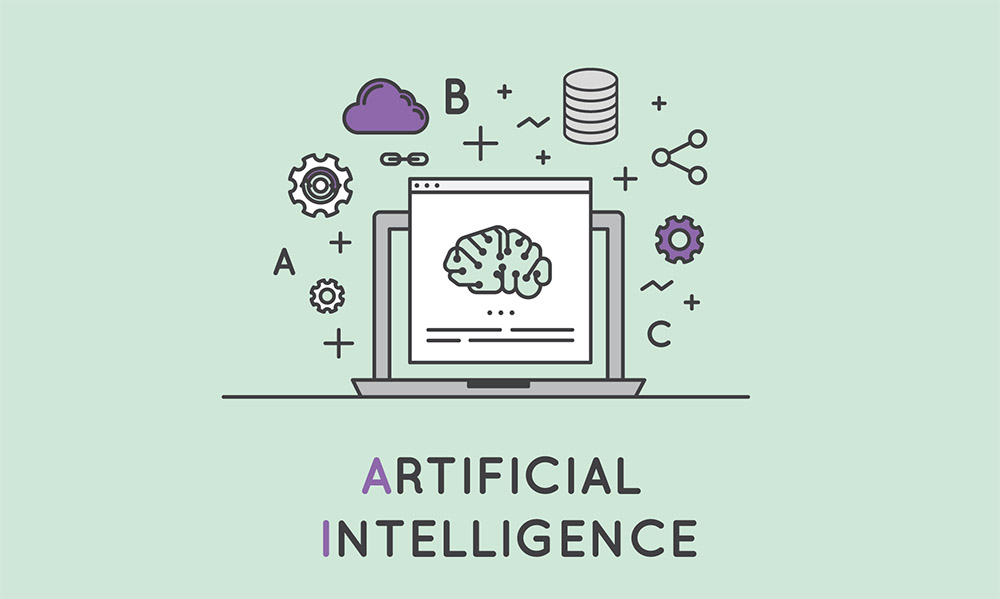
Artificial Intelligence (AI) and Managing your Business’s Finances
Finance may not be the reason why a business exists, but it certainly plays a key role in ensuring that businesses continue to exist.
Because of this, creating financial systems that are user-friendly, effective and accurate is a great benefit to the smooth running of any business.
Advances in artificial intelligence promise to help these systems to be better than ever before. In particular, AI could lead to substantial improvements in how expenses are processed.
User friendliness
Only a small percentage of expense claims will be submitted by financial professionals. Most will be submitted by people from other business areas who may well be highly skilled and knowledgeable in their own area, but who lack both expertise and interest in finance.
That being so, they cannot reasonably be expected to process expenses as quickly, easily and accurately as members of the finance department and so they need to have a certain level of support available to them.
Right now, this support is typically provided by a combination of process documentation and human support. The former is more cost-efficient, the latter can be much easier for the end user to follow.
In the future, AI may be able to help bridge this gap for expense reporting as it already does in other areas of customer support. For example, many ecommerce sites already use AI to triage user queries and ensure that frequently asked questions receive a standard response without the need for intervention by a human agent. This concept could soon be applied to expense reporting.
Effectiveness
Finance has progressed a long way since the days when clerks scribbled into ledgers, but there is still so much more that can be done and modern businesses are often only too aware of the fact that small improvements can add up.
As AI develops, there will be scope for processes that are currently managed by humans to be delegated to machines, with human oversight as required.
For example, instead of humans “feeding” receipts into OCR software, which then enters the data into accounting software, we may reach a stage where AI identifies that something is a receipt and triggers the process. All that would be required of the human would be for them to double-check the result and confirm that they were happy with it.
Accuracy
In a financial sense, accuracy means not only getting figures straight, but also making sure that transactions are processed in line with legal requirements.
This can be a challenge for companies of all sizes for essentially the same reason: these requirements can be complex and there is a limit to how much the human mind can remember and understand.
Developments in AI mean that, in the near future, computers could feasibly be programmed to apply the relevant rules automatically and quickly update whenever those rules are changed. This could be particularly exciting for smaller companies, since it could remove one of the barriers to them expanding their international reach (since different countries can have different rules all of which need to be managed) and give them more opportunity to compete with their larger counterparts.



